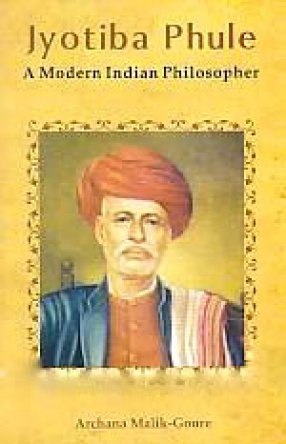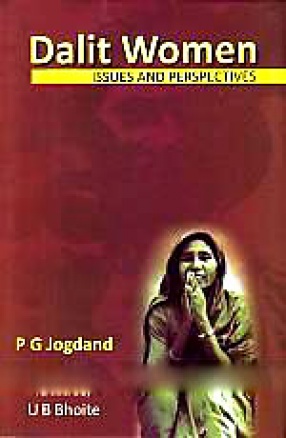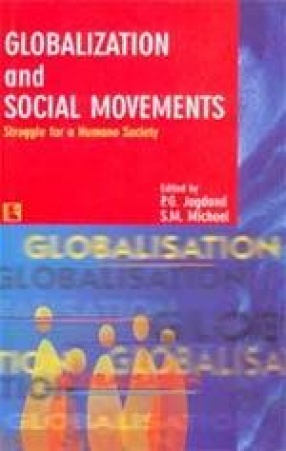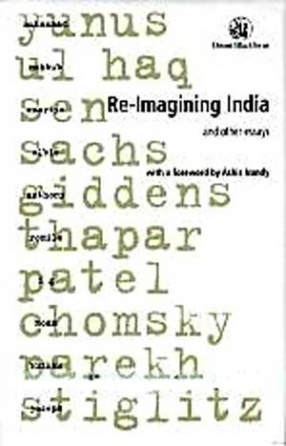Caste conflicts ruled the roost in the nineteenth-century India. It housed many social evils like untouchability, discrimination against women and the underprivileged, and sati. Education was the prerogative of the mighty Brahmins and the upper-class society, resulting in the perennial exploitation of the backward classes, women, farmers and widows. Jyotiba Phule (1827 90) dawned as the saviour of the weaker sections. Defying diktats and intimidations, he got himself and his wife educated. This paved the way for the Phule couples to start and successfully run few schools for the children of the downtrodden and girls. He opened his well for the untouchables’ use. Through tireless efforts and continued writings, he fought against the social injustices, nail and tooth. His writings were a new philosophy in the making a philosophy of universal religion. He believed in God, but refused to believe the Vedas, saying them as the handworks of Brahmins. Man was his religion and his emancipation was his drive. He founded Widow Homes and orphanages. For him education was the key for liberation from all social evils. He fought with the English regime to have the children of farmers and the downtrodden equal rights to education. He was eventually accredited with the title ßMahatmaû. This book is sure to generate keen interest among social workers, modern historians, researchers on social reforms and reformers, and students of sociology and political science.
Jyotiba Phule: A Modern Indian Philosopher
In stock
Free & Quick Delivery Worldwide
reviews
Bibliographic information
Title
Jyotiba Phule: A Modern Indian Philosopher
Author
Edition
1st.ed.
Publisher
D K Printworld Pvt. Ltd., 2013
ISBN
8192570211, 9788192570211
Length
xiv+128p., 22cm.
Subjects








There are no reviews yet.